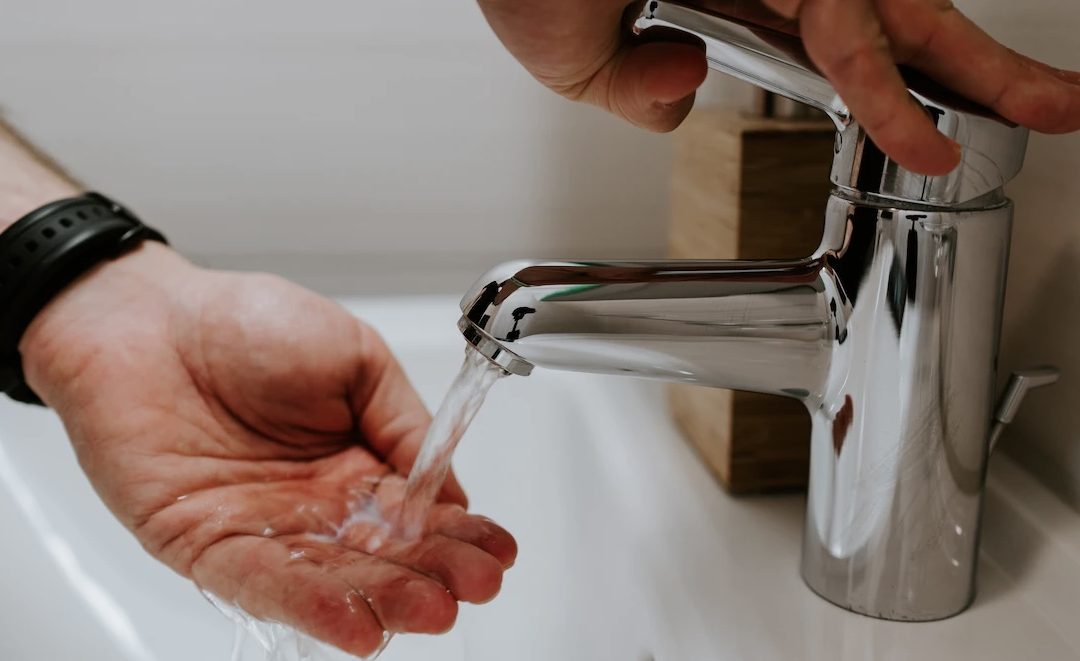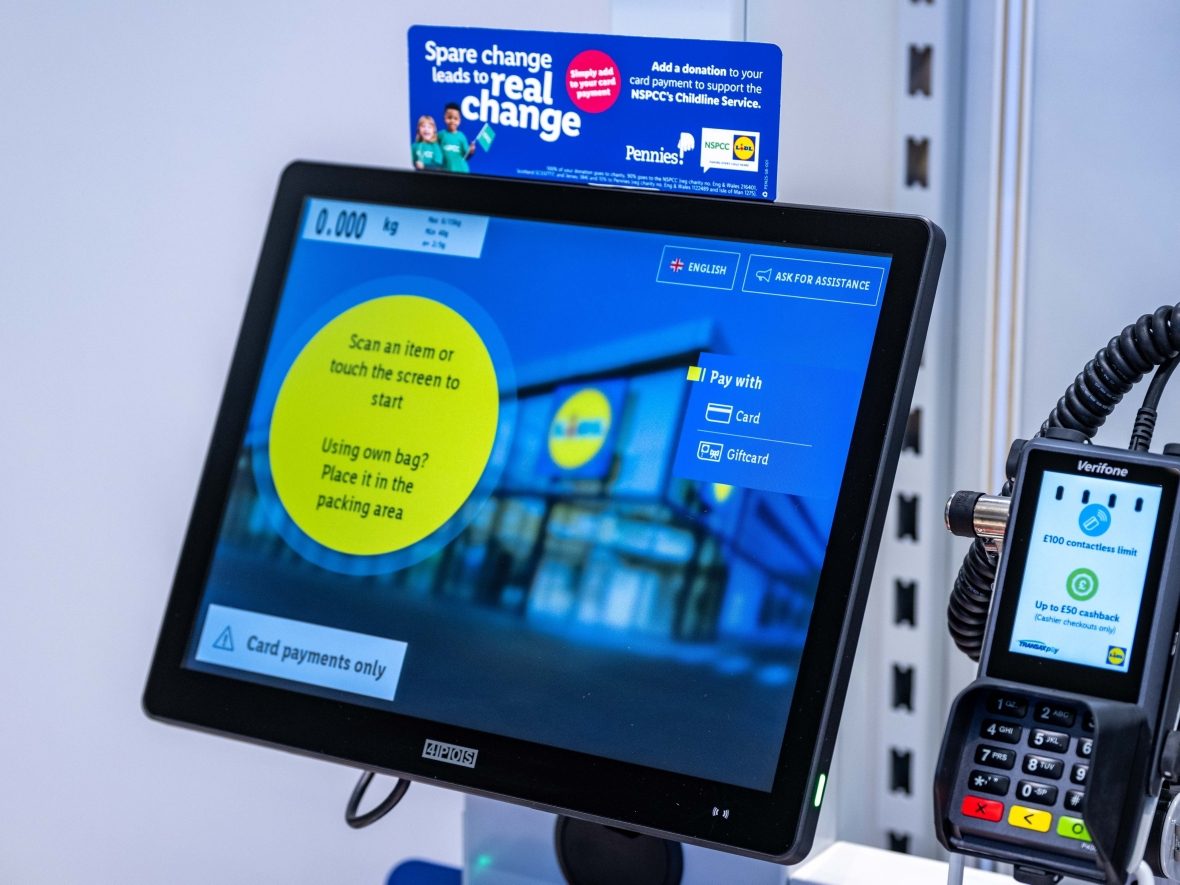National surveillance data shows laboratory reports of the virus are 66% higher than the average at this time of year.
The biggest increase in laboratory confirmed norovirus has been seen in the group of those aged 65 years and over.
While high numbers of cases in this age group is expected at this time of year, these levels haven’t been seen in over a decade.
In response to the increase in cases, UKHSA is reminding the public of the actions that they can take to reduce the spread of norovirus.
Norovirus is highly infectious and is easily spread through contact with someone with the infection or with contaminated surfaces.
One of the best ways to prevent the spread of norovirus is by practising good hand hygiene. Most people will make a full recovery within 2 to 3 days but it is important to drink plenty of fluids to prevent dehydration, especially for the very young, elderly or those with weakened immune systems who are more at risk.
The number of outbreaks caused by norovirus have increased in hospitals, schools and care homes, with the majority of outbreaks reported in care home settings.
Dr Lesley Larkin, Surveillance Lead,
Gastrointestinal Infections and Food Safety (One Health) Division at UKHSA, said:
“Norovirus levels are currently the highest we have seen at this time of year in over a decade. Most reported cases are in the over 65s and we’re also seeing a rise in reported outbreaks, particularly in care home settings.
“Please stay at home if you are experiencing norovirus symptoms and do not return to work (particularly if you work with vulnerable people or food) or send sick children to school or nursery until 48 hours after symptoms have cleared. If you have a loved one in a care home or hospital, please avoid visiting until 48 hours after symptoms have cleared.
“Regular hand washing is really important to help stop the spread of this bug, but remember, alcohol gels do not kill off norovirus so soap and warm water is best.”
NHS Medical Director, Professor Sir Stephen Powis, said:
“The number of people in hospitals with norovirus has risen significantly in line with what we are seeing in the community and in care homes – it is a really unpleasant illness to catch, but for the vast majority of people it will usually pass in a couple of days, and self-treating at home is the best way to help yourself and avoid putting others at risk.”
How to reduce the spread of norovirus
Stay at home if you are experiencing norovirus symptoms. Do not return to work or send children to school until 48 hours after symptoms have cleared. Also avoid visiting elderly or poorly relatives, particularly if they are in hospital or a care home.
Wash your hands frequently and thoroughly with soap and warm water but especially after using the toilet or an episode of illness and before eating or preparing food. Alcohol gels don’t kill norovirus.
When someone with norovirus vomits, the droplets contaminate the surrounding surfaces. A bleach-based household cleaner or a combination of bleach and hot water should be used to disinfect potentially contaminated household surfaces and commonly used objects such as toilets, taps, telephones, door handles and kitchen surfaces.
If you are ill, avoid cooking and helping prepare meals for others until 48 hours after symptoms have stopped, as norovirus can be spread through food contaminated by the virus when food is handled by symptomatic people or infected individuals.
Wash any contaminated clothing or bedding using detergent and at 60°C and, if possible, wear disposable gloves to handle contaminated items.
The NHS website has information on symptoms, how to help yourself feel better at home, and when to seek medical attention.
UKHSA’s national norovirus surveillance team continues to closely monitor national surveillance data from multiple systems to ensure early detection of any unusual norovirus activity.
You can view the National norovirus and rotavirus surveillance reports: 2022 to 2023 season on GOV.UK.




